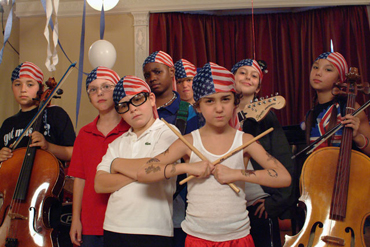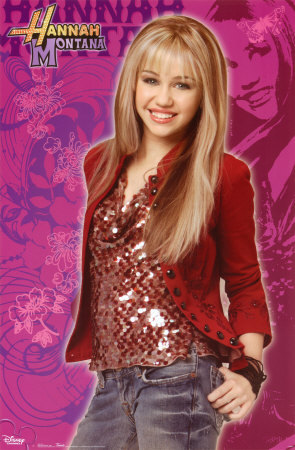Welcome from The Movie Mom
Posted on December 7, 2007 at 11:00 am
Thanks so much for visiting my blog! I hope you will check in often and I would be very happy to hear your comments, questions, and suggestions — even your corrections. I’ll be reviewing movies and DVDs every week and I’ll also be blogging nearly every day about media, values, family and community, posting interviews with writers, actors, directors, animators, and others, creating best/worst lists of all kinds, and responding to questions from “what’s a good movie for a 8-year-old’s slumber party?” to “why does my preschooler want to watch the same movie every single day?”, to the ever-popular “I only remember one thing about a movie I saw many years ago — do you know the title?” (Sometimes I do!)
My radio listeners are already familiar with the rarely-invoked “Gothika” rule — if a movie has a truly idiotic ending, I will give it away. Watch this space for the latest on my “Gothika” list.
And watch this space too — that’s my new Beliefnet Community group. Please join me there for a conversation about media, culture, and values. Let me know which movies and television shows you and your family love — and which ones you don’t.
More about my plans, my goals, and my point of view:



